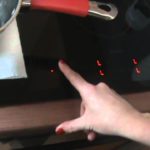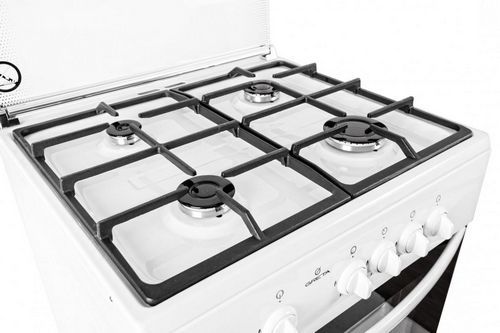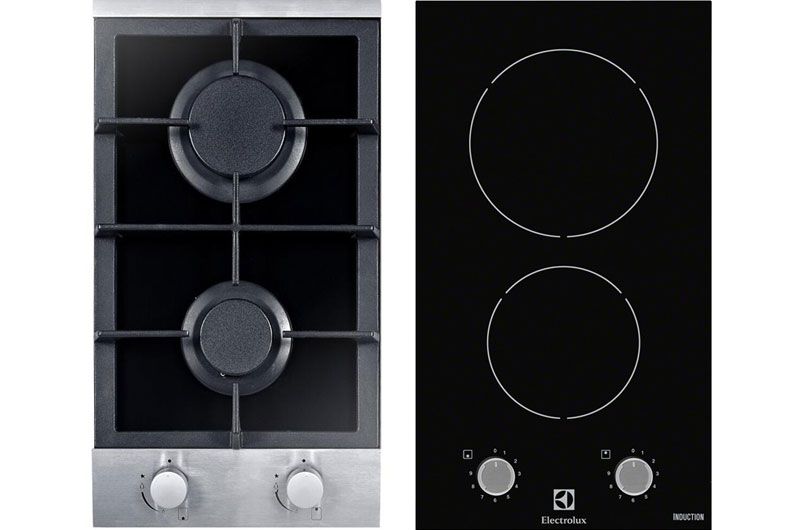What happens if you leave the electric stove on?
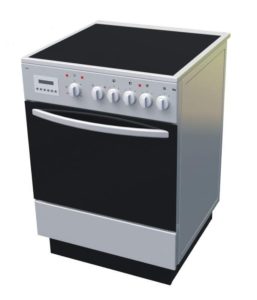 Electric stoves are becoming increasingly common nowadays. This is not surprising, because an electric stove has a number of objective advantages compared to a gas stove: when using it, soot and harmful substances contained in gas combustion products are not formed, and there is no risk of explosion or carbon monoxide poisoning. However, it is still a source of increased danger, since it carries the risk of electric shock or fire. Before using electric stoves, owners must familiarize themselves with the operating features of this type of device.
Electric stoves are becoming increasingly common nowadays. This is not surprising, because an electric stove has a number of objective advantages compared to a gas stove: when using it, soot and harmful substances contained in gas combustion products are not formed, and there is no risk of explosion or carbon monoxide poisoning. However, it is still a source of increased danger, since it carries the risk of electric shock or fire. Before using electric stoves, owners must familiarize themselves with the operating features of this type of device.
The content of the article
General rules for operating an electric stove
By following a few simple rules during operation, you can ensure a long service life of the device, and most importantly, your own safety and the safety of family members. In order for the device to work properly and last as long as possible, you must:
- choose the right installation location (away from heat sources, sinks and flammable surfaces);
- ensure connection to the electrical network in accordance with the requirements of the standards (grounding, a separate circuit breaker in the electrical panel is required, the cross-section of the underwater cable must be selected based on the power);
- be sure to disconnect the device from the power supply when cleaning and servicing;
- regularly clean the surface from burnt food;
- Do not leave the burners turned on and empty for a long time.
IMPORTANT! For your own safety, never leave the electric stove turned on for a long time without attention and do not use it to heat the room.
Follow these simple rules and the stove will serve you for many years without causing problems.
What happens if you leave the electric stove on?
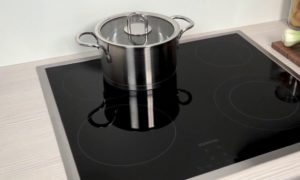 Many people wonder whether it is dangerous to leave an electric stove on for a long time. There is no universal answer to this question. It all depends on the type and specific model.
Many people wonder whether it is dangerous to leave an electric stove on for a long time. There is no universal answer to this question. It all depends on the type and specific model.
If, when leaving home, you forget to turn off a modern hob, then nothing bad will happen. It is equipped with a large number of sensors and safety devices that can shut down the unit in the event of:
- lack of activity on the part of the owner for several hours;
- getting food or foreign objects onto the hob;
- absence of dishes on the switched-on burner;
- device overheating.
ATTENTION! Owners of traditional electric stoves with heating elements in the form of heating elements or pancakes should expect unpleasant consequences. Devices of this type will not turn off on their own and will work the entire time you are away.
At best, you should expect:
- impressive electricity bill;
- significant reduction in the life of the device or failure of the heating element.
This is due to the fact that air has low thermal conductivity; in the absence of heat removal, the burner overheats and becomes covered with microcracks, and the nichrome spiral inside becomes significantly thinner.
The most unpleasant consequences, even a fire, will occur if you leave the electric stove on with dishes placed on it, traces of oil, burnt food on the heating element, or near flammable materials (kitchen curtains, towels, etc.).

